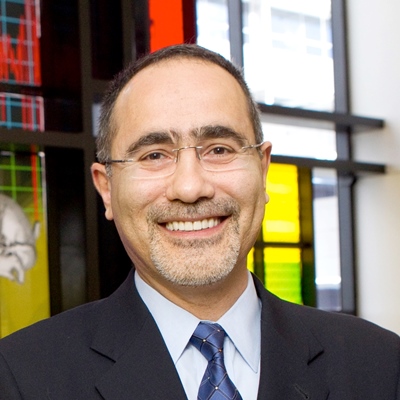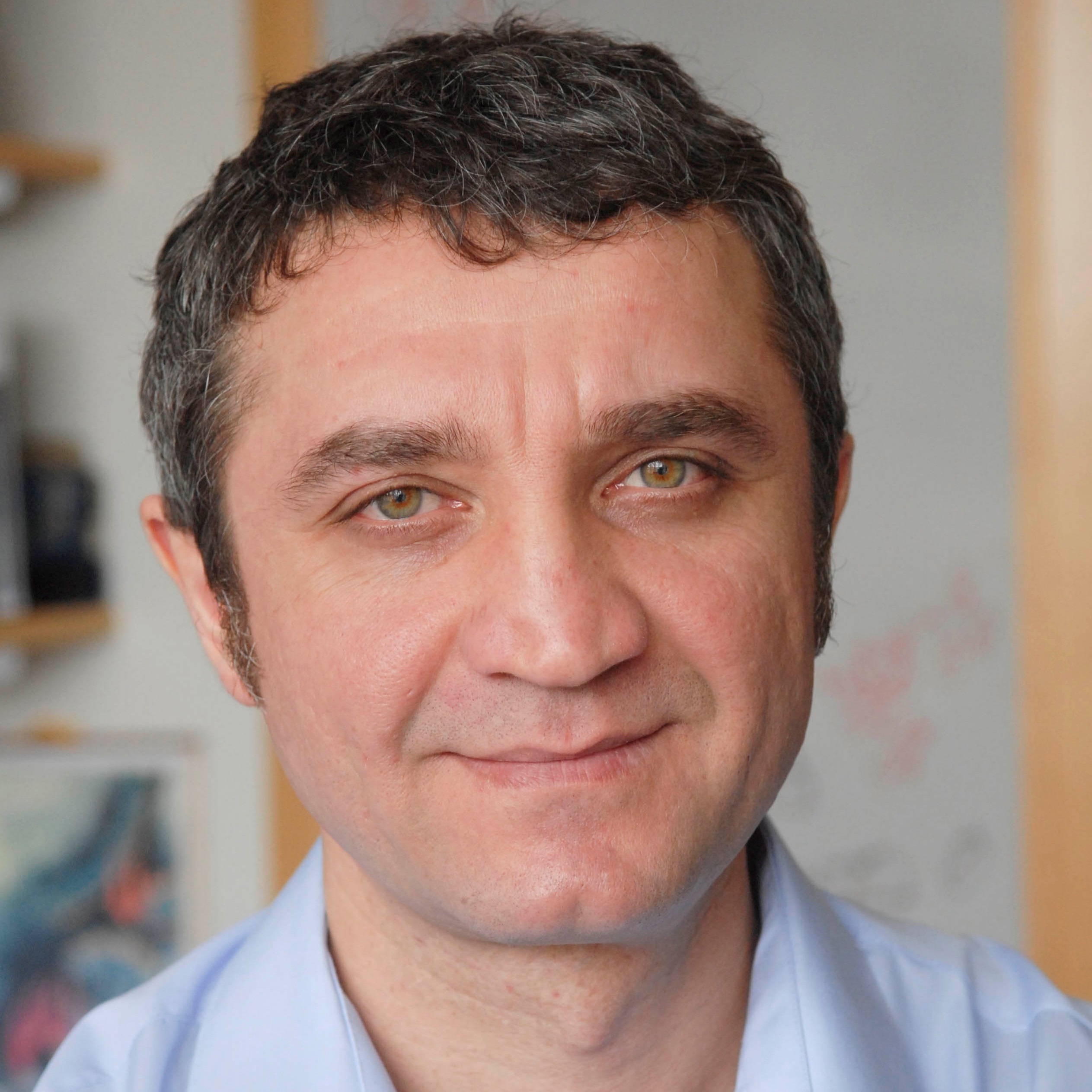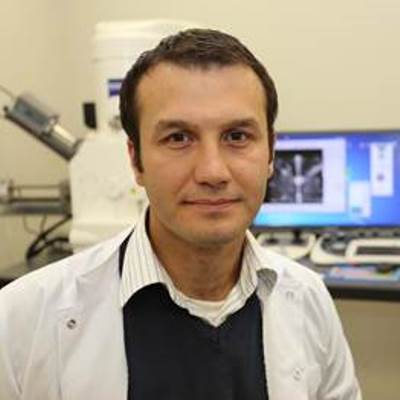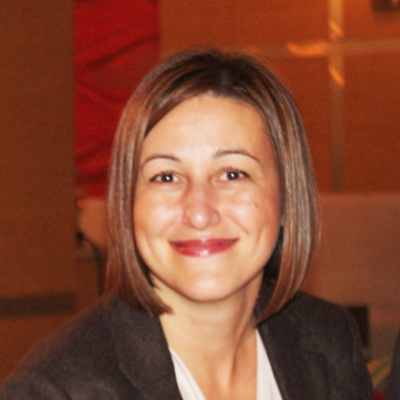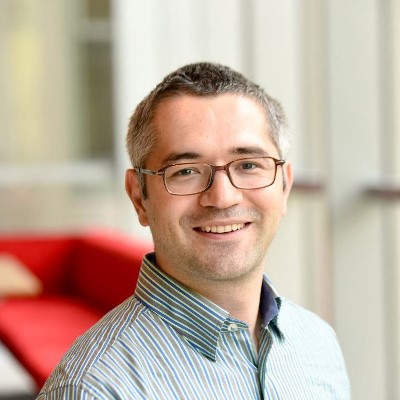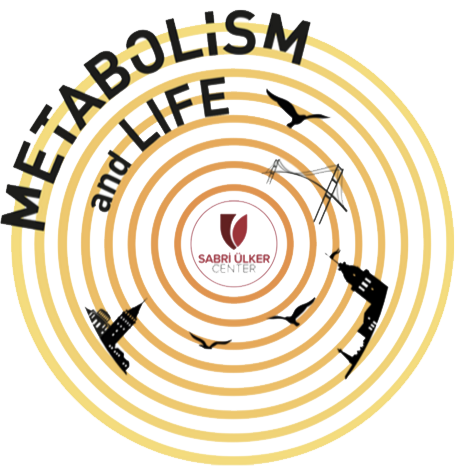

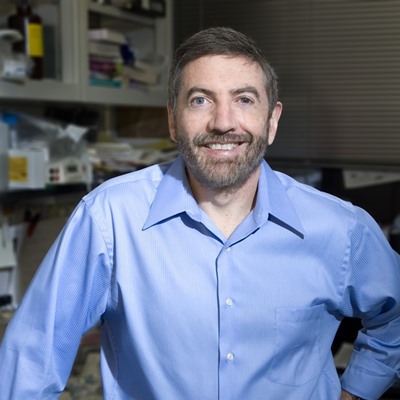
Dr. Tabas is the Richard J. Stock Professor, Medicine and Cell Biology at Columbia University. His research focuses on (1) molecular-cellular mechanisms of advanced atherosclerosis, with an emphasis on endoplasmic reticulum (ER) stress, apoptosis, defective efferocytosis, and defective inflammation resolution; (2) pro-atherogenic roles of insulin resistance and type 2 diabetes; and (3) calcium and ER stress signaling pathways in hepatocytes that contribute to the metabolic disturbances of obesity and diabetes. His most recent research on hepatocyte signaling has revealed novel drug targets for type 2 diabetes. He has lectured worldwide and published over 200 original research articles and reviews. These papers have been published in Cell, Nature, Science, Nature Cell Biology, Nature Reviews Immunology, Cell Metabolism, Journal of Clinical Investigation, Proceedings of the National Academy of Sciences, and other top journals. Dr. Tabas also serves on the Board of Reviewing Editors for the journal Science. He was elected to both the Society for Clinical Investigation and the Association of American Physicians. Dr. Tabas' other honors include the American Heart Association Established Investigator Award, the Columbia University Doctor Harold and Golden Lamport Research Award, the American Heart Association/ATVB Council Special Recognition Award, the 2011 Alumni Achievement Award from Washington University School of Medicine, the 2014 Society of Leukocyte Biology Bonazinga award, which is the society's highest honor for excellence in leukocyte biology research, and the 2015 Harrington Discovery Institute Innovator-Scholar Award.
Calcium Signaling and ER stress in Type 2 Diabetes
Ira Tabas, Lale Ozcan, and Devram Ghorpade
Columbia University, New York, NY USA
Increased hepatic glucose production (HGP), defective hepatocyte insulin signaling, and increased glucagon action are cardinal features of type 2 diabetes (T2D). We have shown that glucagon-activated protein kinase A in hepatocytes phosphorylates and thereby activates the IP3R, and others have shown that the calcium ATPase SERCA2b is suppressed in hepatocytes in the setting of obesity. The resulting increase in cytosolic calcium activates the kinase CaMKII, which promotes the phosphorylation and nuclear entry of FoxO1 and thereby contributes to excessive HGP in obesity. We have also shown that CaMKII triggers a separate signaling pathway that activates the PERK branch of the ER stress Unfolded Protein Response. The downstream PERK effector ATF4 induces Tribbles3 (Trb3), which causes a defect in hepatocyte insulin signaling and thereby contributes to whole-body insulin resistance in obesity. New work has revealed that (a) hepatocyte ATF4 is also involved in the production of a circulating factor that exacerbates adipose tissue inflammation, which is a seminal feature of metabolic disturbance in obesity; and (b) the link between CaMKII and PERK activation involves a histone de-acetylase and a co-repressor not previously implicated in metabolic disease. Immunoblot analyses of human liver biopsy specimens shows evidence that this CaMKII—co-repressor pathway is activated in human obesity. The finding that a common upstream signaling hub involving CaMKII triggers multiple pathways that exacerbate T2D—excessive HGP, insulin resistance, and adipose inflammation—has suggested a new therapeutic target for type 2 diabetes, and preclinical work in this area has shown promise.



